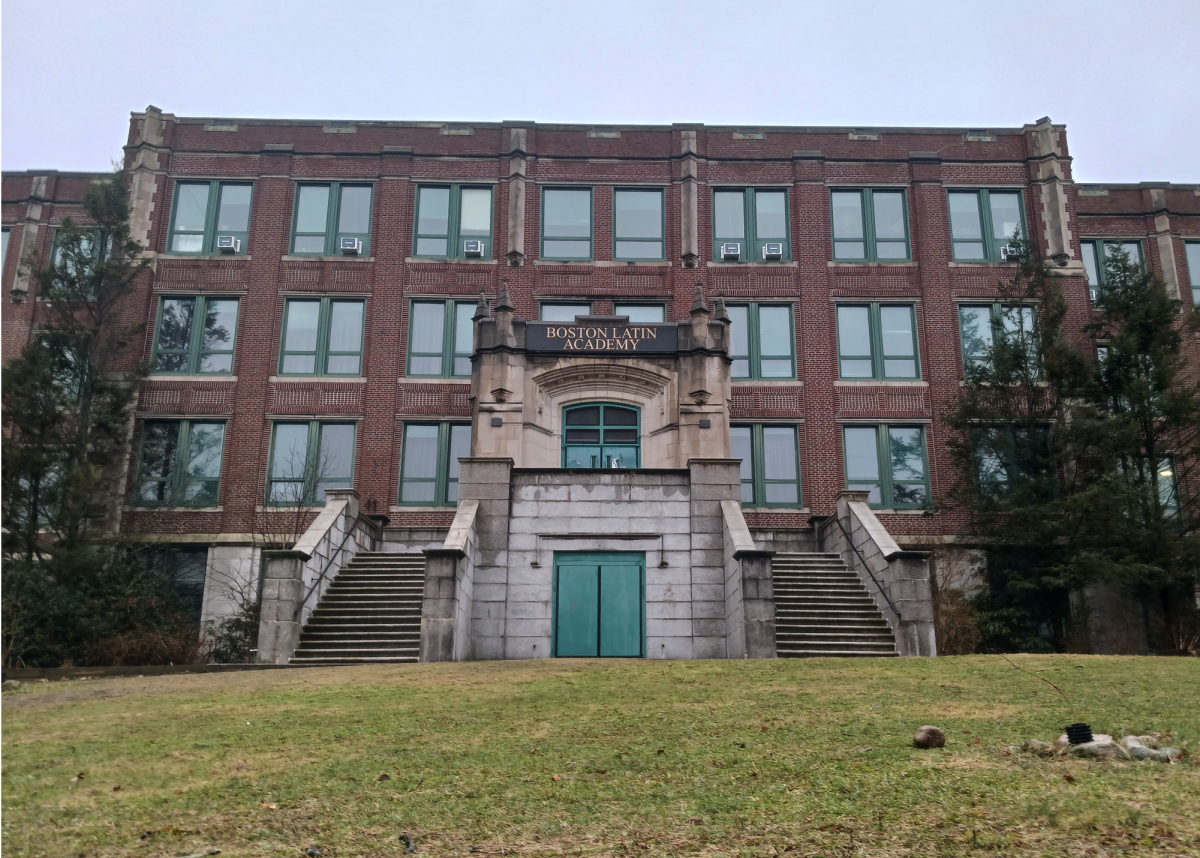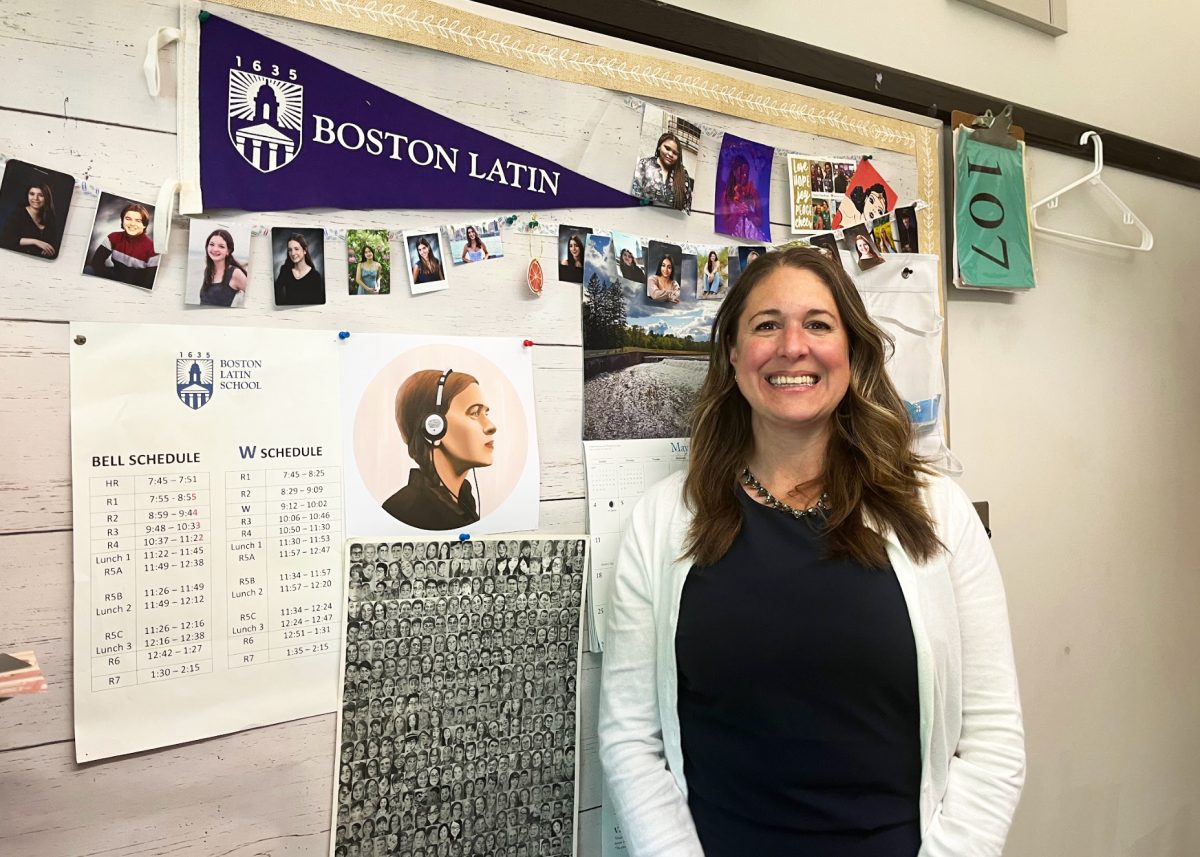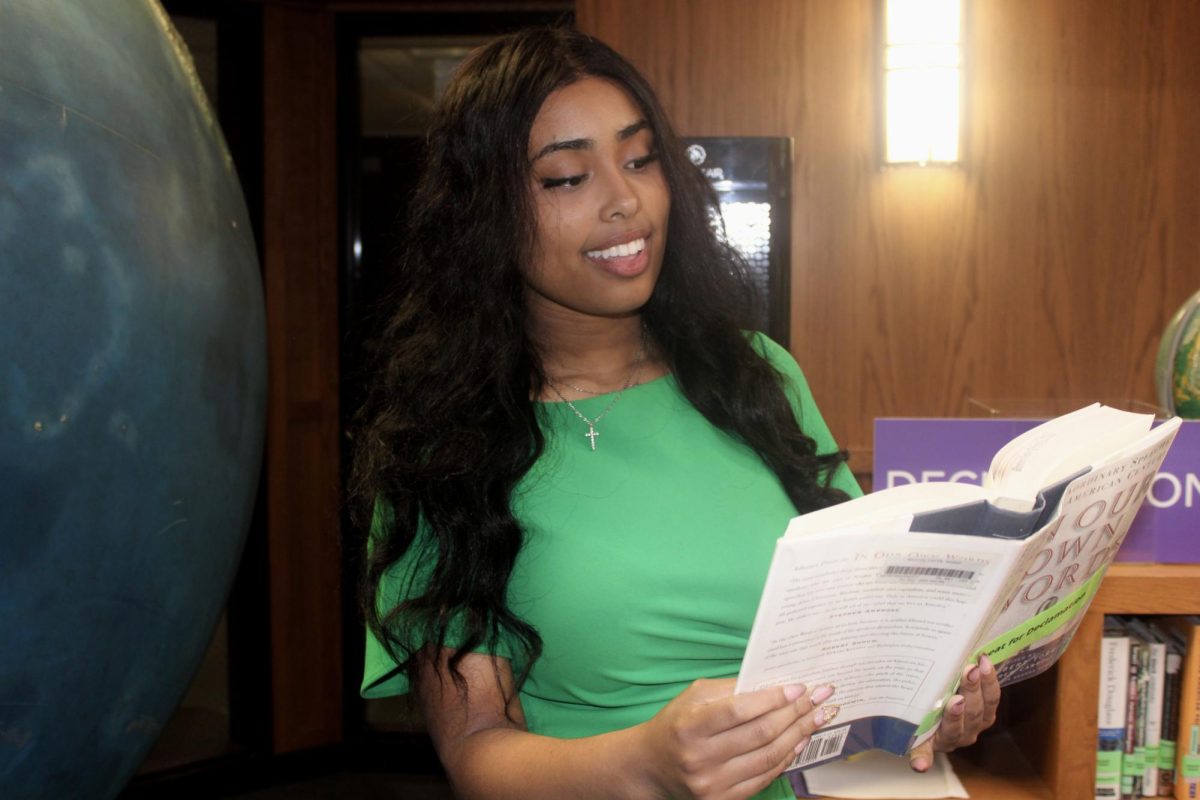Earlier this year, Boston Public Schools altered the bonus points system for the exam school admissions process because the previous policy made it mathematically impossible for some applicants with perfect grade point averages to be admitted to their first-choice school.
Before the policy change, students attending high-poverty schools were awarded ten bonus points regardless of location for a composite score out of 100 points that determined their admission to one of Boston’s three exam schools. The district found, however, that some students living in wealthier areas, who did not receive bonus points, would need over 100 points to be accepted into their first-choice school. This made admission impossible, even with perfect grades.
The change in policy, which was enacted on January 10, now awards students bonus points depending on where they live in the city, with amounts ranging from two to ten points. The clause in the admissions policy that awards 15 bonus points to students experiencing homelessness or under the care of the Massachusetts Department of Children & Families is unaffected by this policy change.
The socioeconomic tier system used was created by BPS prior to this bonus points policy change. In this system, Boston’s neighborhoods are categorized into eight tiers, with each tier containing neighborhoods of similar socioeconomic makeup.
This is part of BPS’s plan to promote racial and socioeconomic diversity at the exam schools. Boston Latin School Assistant Head of School Steven Chen comments, “I think giving students an opportunity who historically have not had much access to this school […] is a really important goal to focus on.”
The new policy, however, has also brought criticism. Alford Shi (VI) says, “If you look at how the point system is right now, there are diverse areas such as Mission Park where bonus points won’t change anything. I don’t think that the change in bonus points is worth such a decrease in ranking.”
His opinion echoes other critics such as Gabriela Coletta, the City Councilor for District One. In a letter to BPS Superintendent Mary Skipper last June, Councilor Coletta wrote, “While I commend the intention of the updated exam school policy to increase access and diversify our exam school student population, as with any new policy, there can be unintended consequences that leave out the very students we hope to serve.”
Exam schools have long faced controversy for their admissions processes because they have often disadvantaged minority groups. Until 2020, admission to Boston’s exam schools was determined by the Independent School Entrance Examination (ISEE) and grades in elementary and middle school. This process has been widely debated and litigated legally, as many minority students are less likely to have the resources to prepare well for the ISEE.
Following the COVID-19 pandemic, BPS has made significant admissions changes to increase socioeconomic diversity. Now, students’ composite scores are based on a combination of past grades, socioeconomic status, scores from Measures of Academic Progress (MAP) tests and any bonus points.
Since BLS itself does not have any input in the admissions process, the effect of these policy changes on future classes remains to be seen. Because the change aims to increase the socioeconomic diversity of exam schools, BLS administrators are considering the support that future classes will need, whether it be social, emotional or academic.







